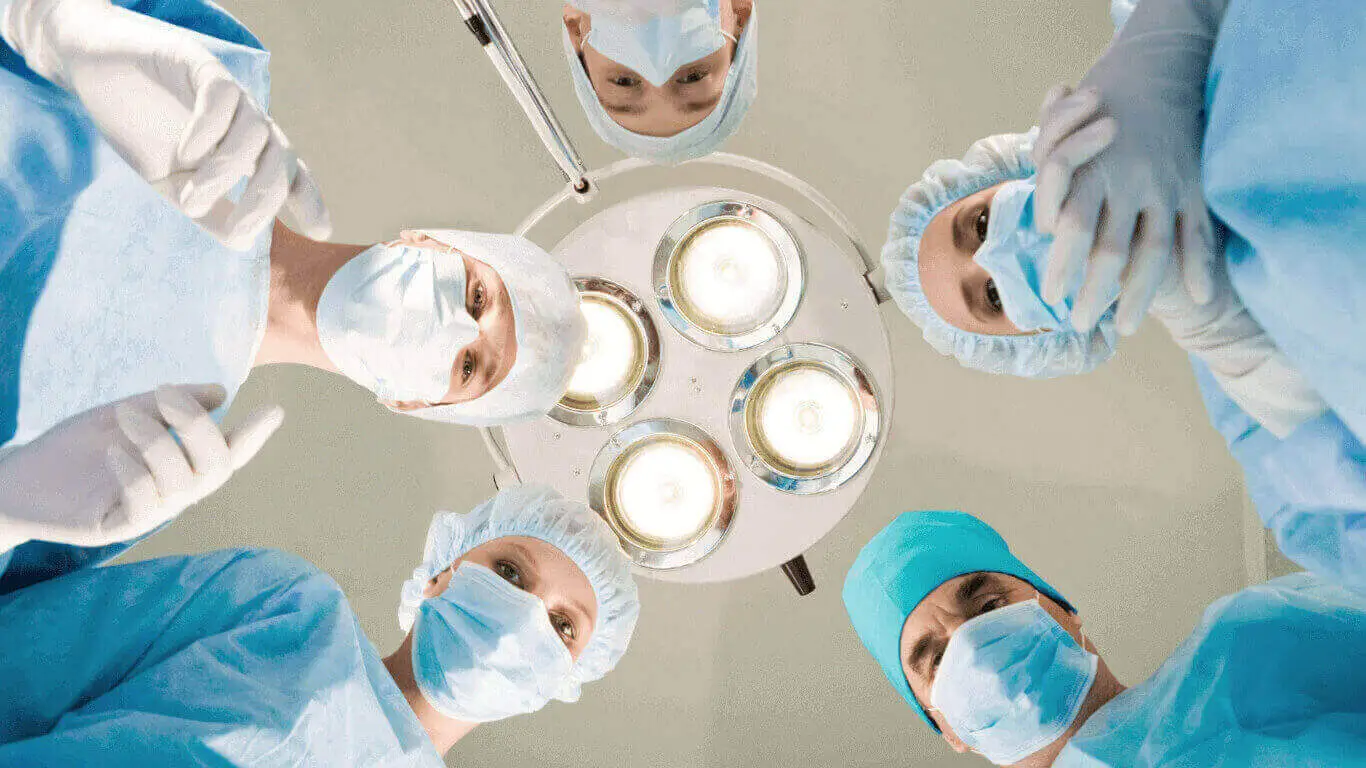Why Choosing the Right Lymphedema Surgeon is Crucial
Choosing the right surgeon for lymphedema treatment is one of the most important decisions a patient can make. Lymphedema surgery is a highly specialized field, and the success of the treatment largely depends on the surgeon’s expertise and experience. This post will explain why selecting a qualified lymphedema surgeon is crucial for achieving the best outcomes and what factors to consider.
Why Lymphedema Surgery Requires Specialized Expertise
Lymphedema Surgery Is Not Like General Surgery
Lymphedema surgery involves complex procedures that require a deep understanding of the lymphatic system. General reconstructive surgeons often lack the advanced training to treat lymphedema effectively. Many patients mistakenly assume that any surgeon can handle lymphedema surgery. Still, only a select group of specialists with dedicated training in super microsurgery and lymphatic reconstruction have the expertise required for successful treatment.
The Role of Advanced Supermicrosurgical Techniques
Lymphedema surgery often involves super microsurgical techniques, such as lymphovenous bypass (LVB) and vascularised lymph node transfer (VLNT), which require exceptional precision. These procedures include working with extremely small lymphatic vessels, often less than a millimeter in diameter. As microsurgery training does not necessarily translate to proficiency, lymphedema surgeons must learn super microsurgery techniques. Surgeons with the necessary super microsurgery training may be able to perform these intricate operations effectively, which can lead to suboptimal results for patients.
Factors to Consider When Choosing a Lymphedema Surgeon
Subspecialty Training in Lymphedema Surgery
One of the most important factors when selecting a lymphedema surgeon is their subspecialty training. Unlike many surgeons who may have only had brief exposure to lymphedema during general microsurgery training, a dedicated lymphedema specialist has completed advanced clinical training specific to the condition. Dr Jeremy Sun, for example, is the first Singapore surgeon to finish a dedicated lymphedema fellowship and completed his training at the renowned Supermicrosurgery International Lymphedema Center in Tokyo under the mentorship of Dr. Takumi Yamamoto, a world leader in lymphedema surgery.
Experience with Advanced Procedures
Choosing a surgeon who regularly performs the specific procedures needed to treat your condition is important. Ask your surgeon how many lymphovenous bypass or lymph node transfer surgeries they have completed. Surgeons who perform these procedures regularly are more likely to have the experience to handle complex cases and ensure the best outcomes.
Commitment to Ongoing Learning and Innovation
The field of lymphedema surgery is constantly evolving, with new techniques and technologies emerging. The right surgeon should be committed to staying current with the latest advancements in lymphedema treatment. This commitment to innovation ensures that patients receive the most effective and minimally invasive treatments available.
Expert Tips for Ensuring Surgical Success
Early Screening and Intervention for Optimal Results
Early screening and intervention are among the most effective ways to ensure successful lymphedema treatment. Lymphedema is often easier to treat in its early stages, and early intervention can help prevent the condition from progressing. Advanced surgical procedures like lymphovenous bypass are most effective before significant lymphatic system damage occurs. Patients should seek screening as soon as they notice signs of swelling or after cancer treatments that impact lymph nodes.
The Importance of Post-Surgical Care
Post-surgical care is just as important as the surgery itself when it comes to achieving long-term success. A skilled lymphedema surgeon will provide patients with a detailed post-operative care plan, which includes guidelines for wearing compression garments, engaging in gentle exercise, and maintaining proper skin care. Following these recommendations closely can help reduce the risk of complications and improve surgical outcomes.
Comprehensive Treatment Beyond Surgery
Surgery is just one component of lymphedema treatment. Comprehensive care includes conservative treatments such as manual lymphatic drainage (MLD), compression therapy, and personalized exercise plans. The best lymphedema surgeons work closely with specialists, including physical and lymphedema therapists, to ensure patients receive a holistic treatment plan that addresses all aspects of their condition.
Why Dr. Jeremy Sun Stands Out as a Lymphedema Surgeon
Advanced Training with World Leaders in Lymphedema Surgery
Dr. Jeremy Sun’s unique training sets him apart from many other surgeons in the field. His fellowship at the Supermicrosurgery International Lymphedema Center in Tokyo allowed him to work directly with Dr. Takumi Yamamoto, one of the world’s foremost authorities on lymphedema surgery. This hands-on experience gave Dr. Sun the specialized skills to perform advanced procedures precisely and carefully. Through hard work and collaboration, he establishedSingapore’ss first structured prospective screening program for lymphedema.
Dedicated to Patient-Centered Care
Your Attractive Heading
Dr. Sun believes in putting the patient at the center of every treatment plan. He takes the time to listen to his ppatients’concerns, thoroughly explain their treatment options, and craft personalized care plans that address their unique needs. This patient-first approach ensures that each individual receives the best care and support throughout their treatment journey.
Conclusion
Your Attractive Heading
Choosing the right lymphedema surgeon is crucial to your ttreatment’ssuccess and overall quality of life. A surgeon with advanced subspecialty training, experience in super microsurgical techniques, and a commitment to patient-centered care can make all the difference in achieving long-term relief from lymphedema. Dr Jeremy SSun’sextensive training and dedication to innovation set him apart as one of the leading lymphedema surgeons, ensuring that his patients receive the highest level of care and the best possible outcomes.




